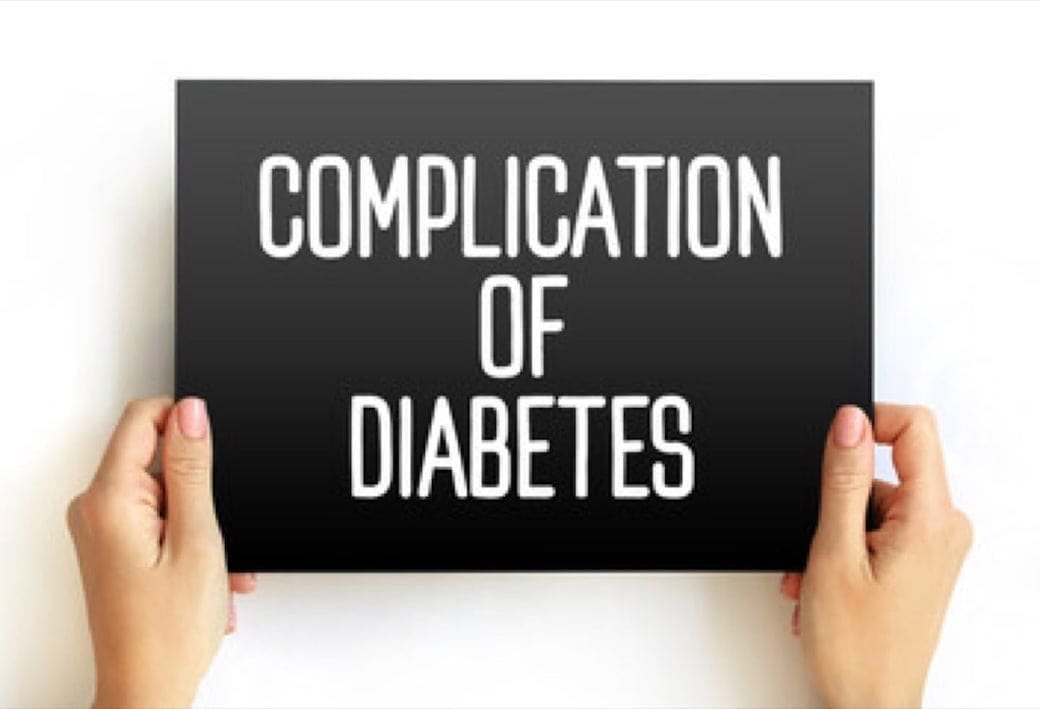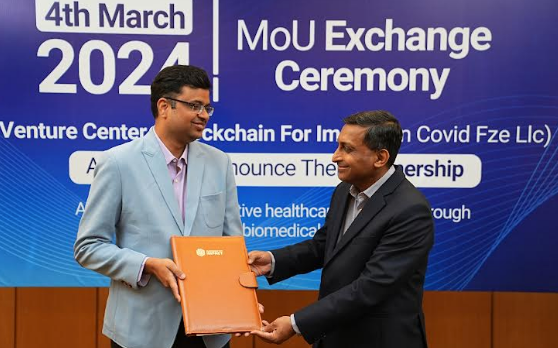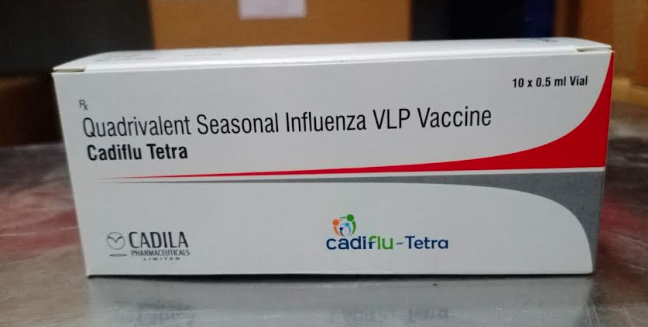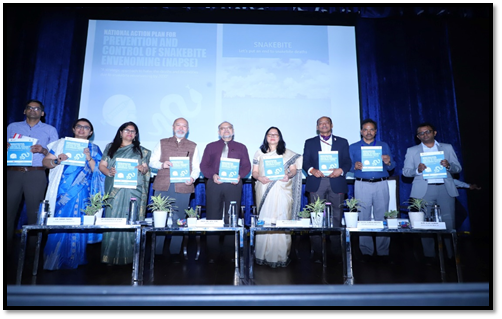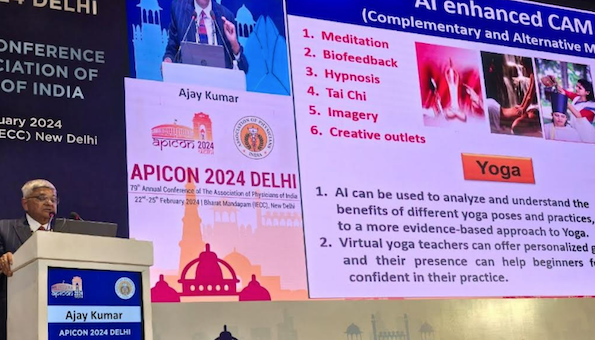Rockefeller Foundation pledges $15 M to fight AIDS, tuberculosis and malaria
20 September 2022 | News
New commitment increases the Foundation's support to $30 million (2020-2025) for the Global Fund's efforts to build resilient and sustainable health systems

image credit- shutterstock
US-based Rockefeller Foundation has announced that it will commit $15 million to the Global Fund to Fight AIDS, tuberculosis (TB), and malaria ahead of the Fund's Seventh Replenishment Conference on September 21. This year, the Global Fund partnership aims to raise $18 billion to protect hard-fought gains against these infectious diseases in the face of COVID-19 and to finance ongoing projects through 2025.
"Fifty million people are alive today because of the Global Fund's work to fight HIV, tuberculosis, and malaria," said Dr Rajiv J. Shah, President of The Rockefeller Foundation.
This year, The Rockefeller Foundation's Global Fund pledge will finance the Laboratory Systems Strengthening Catalytic Fund, a mechanism for accelerating the development of public health laboratories across low- and middle-income countries (LMICs).
Dr Naveen Rao, Senior Vice President of Health at The Rockefeller Foundation said, "The Global Fund gives labs the resources to expand their workforce and build networks for sharing information about emerging threats. Robust labs are key for preventing the next pandemic, and that's why we're proud to support the Laboratory Systems Strengthening Fund."
According to the Fund's newly released 2022 Results Report: 23.3 million people have received lifesaving antiretroviral therapy for HIV; 5.3 million people have been treated for TB; 148 million cases of malaria have been treated.
In 2020, for the first time in its history, the Global Fund saw declines in key health indicators across all three priority diseases. That year, HIV testing fell by 22% and prevention services by 11%. TB deaths increased, fueled by a surge in undiagnosed and untreated cases. Malaria deaths also significantly increased in 2020, due in part to Covid-19 disruptions for critical health services.









